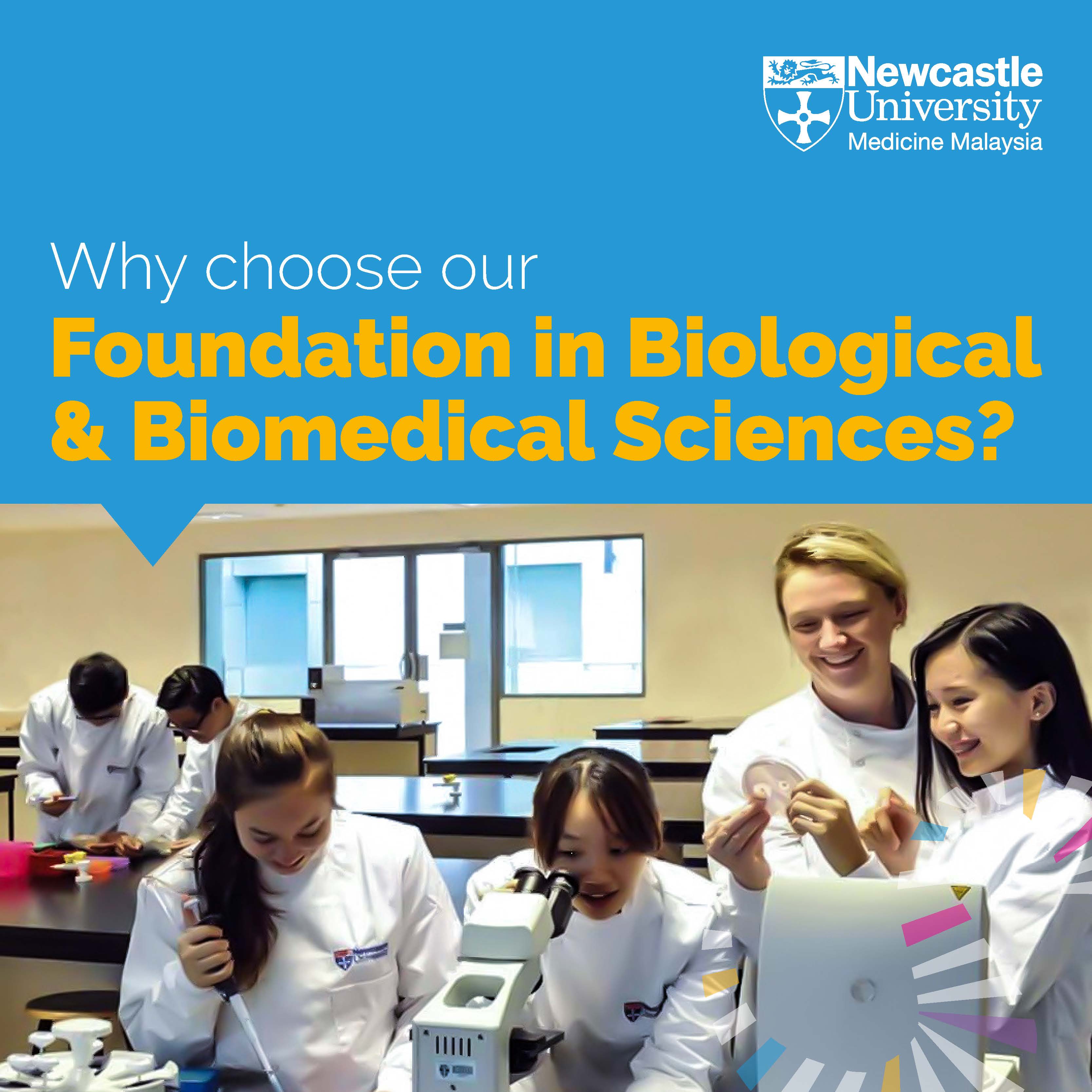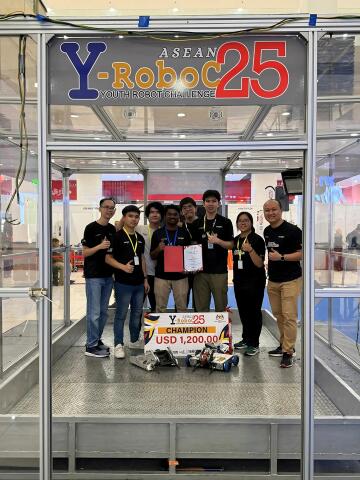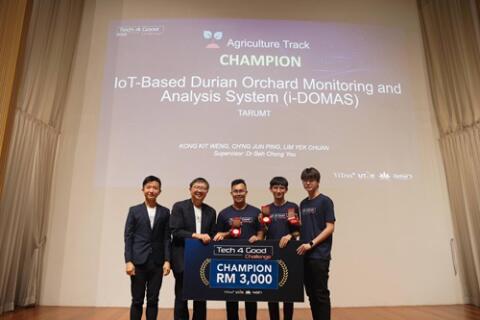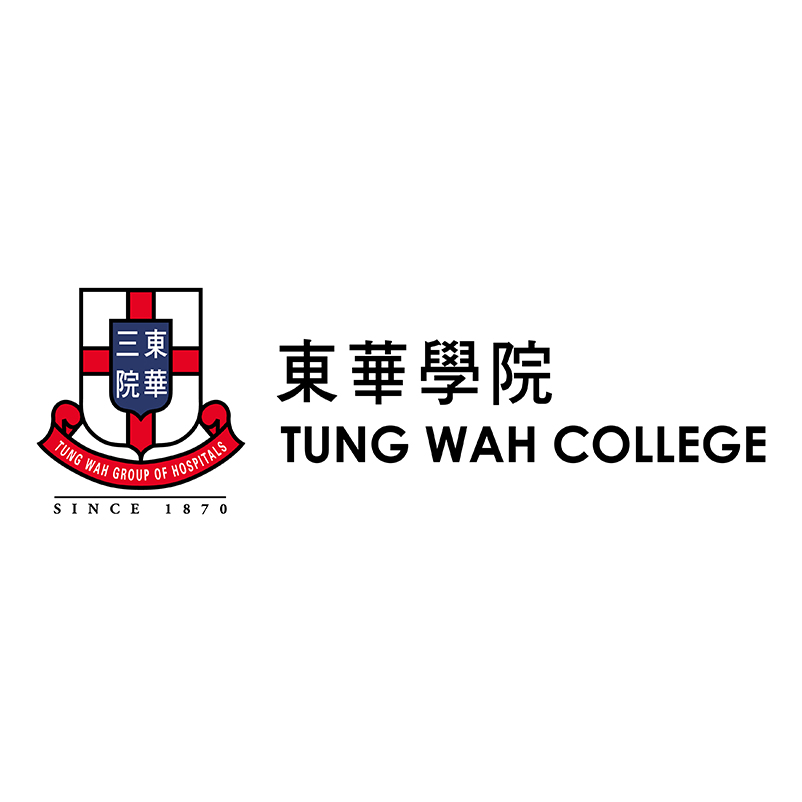CAREERS IN FOOD SCIENCE & TECHNOLOGY
The food we consume today is made possible with food science and technology. If you are interested in a career in this area, read on to find out more.
Food science is the application of science and engineering to study the nature of foods, the causes of their deterioration, and the principles underlying food processing. On the other hand, food technology applies food science to understand the selection, preservation, processing, packaging, distribution, and production of food that is safe for consumption.
Academic Pathway
Many higher education institutions in Malaysia offer undergraduate programmes in Food Science, Food Technology or both. A Bachelor’s Degree in Food Science takes three years to complete. Those who enrol in Food Science programmes will gain knowledge on the technical aspects of food from harvesting to consumption. They will also understand how agricultural raw materials are preserved, processed, packaged and distributed to the public. In addition, students will acquire a strong foundation in chemistry, microbiology, biochemistry and the physical sciences. Some of the subjects in a Food Science degree are Biotechnology, Food Biochemistry, Food Microbiology, Human Nutrition, Laboratory Management, Strategic Food Management, Food Product Development, Food Processing and Preservation, and Microbiology.
Job Opportunities
Those who have undergraduate qualifications in Food Science can find employment in food industries, research & development, and manufacturing companies in private or government sectors. They can specialise in a variety of areas such as food production & processing, quality assurance & control, technical representation in the sales & marketing of foods, food product development, food science research and regulation of food laws. Some of the positions within the industry are Food Scientist, Dairy Products Scientist, Flavour Chemist, Food Industry Research & Development Manager, Food Ingredient Sales Representative, Food Inspector, Quality Assurance Manager, Packaging Specialist and Public Health Officer.
Job Duties
Food scientists carry out experiments to evaluate the nutritional value, colour, flavour and texture of food. They test food samples to detect if there are harmful bacteria, moulds or yeast before it goes to production. Next, food scientists have to ensure that food manufacturing processes are in line with regulations set by the government and conform to processing, consumer and industry standards. They also work closely with microbiologists, engineers, packaging specialists and buyers to explore alternative manufacturing methods and produce new food products. Other tasks of food scientists include investigating and maintaining high standards of food safety and quality, and establish cost effective food production methods.
Skills Needed
Employees in food science related jobs need to possess skills in business, information technology, analytical thinking and numeracy. A strong knowledge in physical sciences and competency in laboratory work is needed as well. They have to be comfortable working both independently and in a team. Individuals need to be observant and pay attention to detail especially when it comes to health, safety and hygiene. As with any industry, good written and oral communication skills are necessary. Prior work experience in the food industry is useful as well.
Trained food scientists are always in demand to keep up with the increasing demand from consumers for different food and beverage products. Without food science and technology, the food we eat today would not be safe, nutritious, delicious and convenient to buy.
Advices





News from Institutions


















